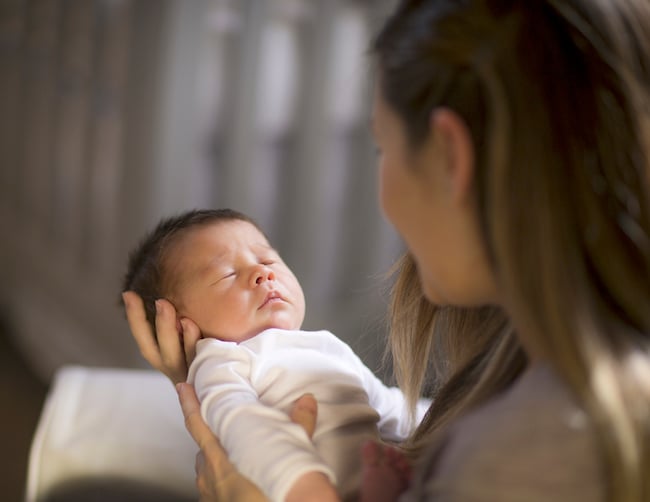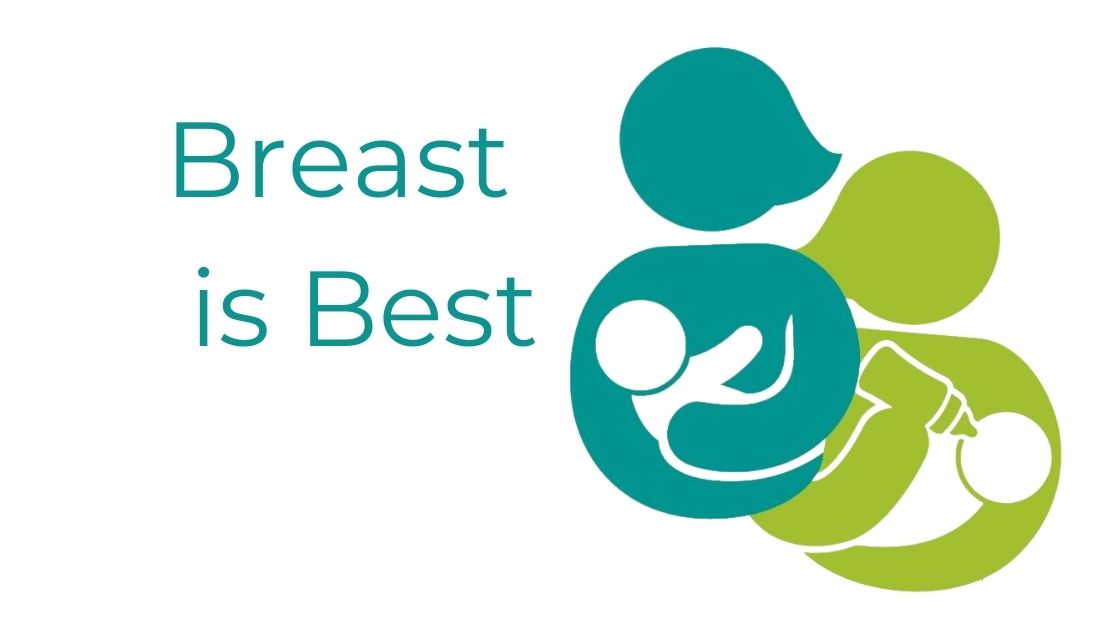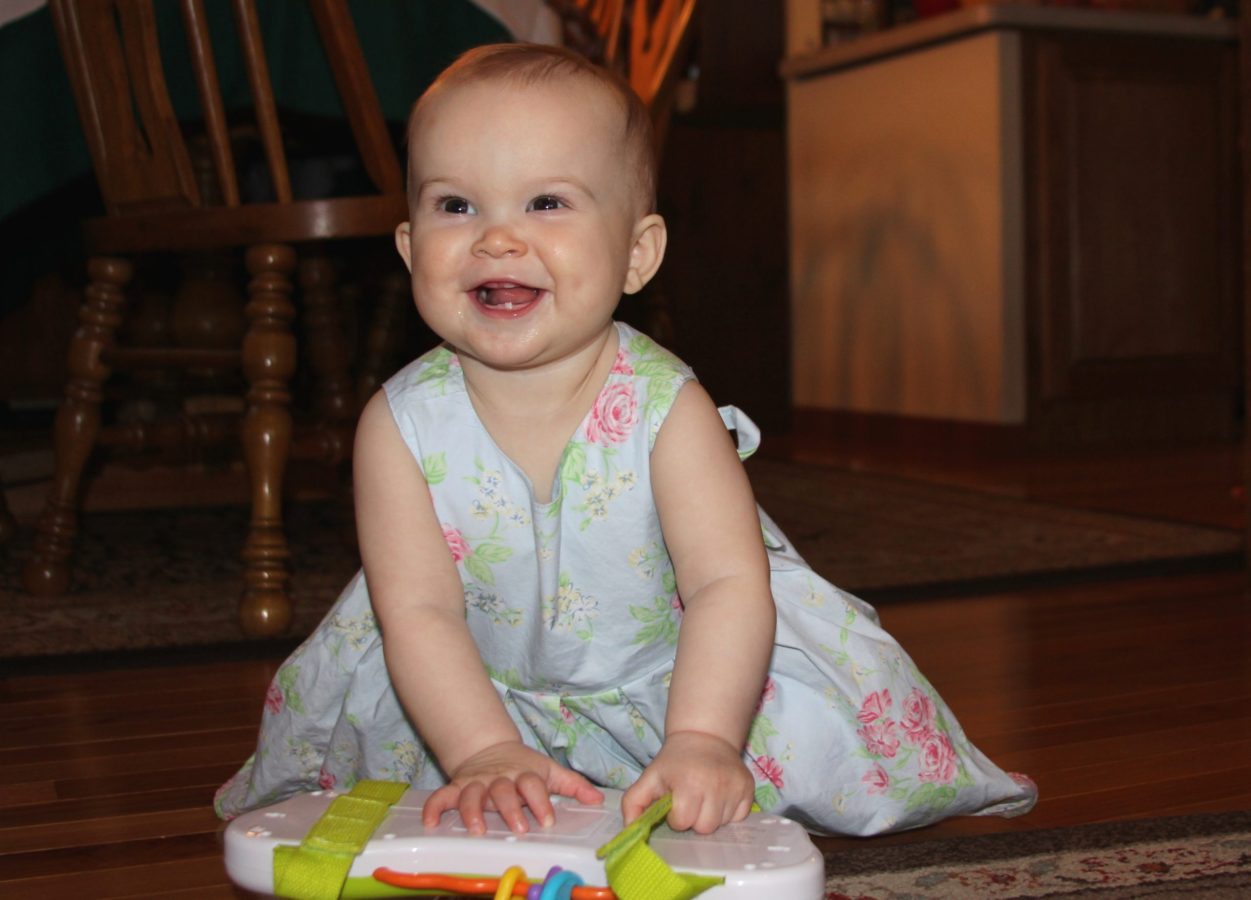While many families and care providers are now accustomed to the presence of a birth doula during labor, the general public is still warming to the idea of a postpartum doula.
Although today’s new parents appear to be more comfortable asking for (and accepting) help, there’s also a belief that such help should come from neighbors and grandparents.
A postpartum doula, to some, is a luxury or an oddity. A stranger in the house? With the baby? Folding your underwear?
Take it from someone who has been on both the receiving and giving end of postpartum doula care: It is a just a little bit weird to welcome someone new into your home during your most vulnerable time. It’s also a bit weird at first, actually, to serve as a doula in a postpartum home — fly on the wall, personal chef, handler of breasts and breast milk, expert on (of all things) the mighty perineum.
So, yes, although the doula-mama-family-baby dynamic can be a little outside the average person’s comfort level, it’s also enormously powerful — and effective.
Why we’ve grown to accept birth doulas as “normal” while holding their postpartum counterparts at arms’ length is beyond me.
Although I have profound respect for birth doulas and the positive effect they have on families, I am — by virtue of my background — a tad biased toward in-home postpartum care.
Think about it: Can a million little things impact childbirth and, as it would follow, the mother’s perception of her experience? Absolutely. But the end game is written in stone. Baby is coming out, one way or another. He’s not allowed to set up camp in the uterus, ignoring his eviction notice. Birth is involuntary — and it usually lasts no longer than 24 hours.
Moms, dads, OBs and midwives often joke — especially after the longest, trickiest births — that “birth is the easy part.”
Bringing Baby home on the other hand? Terrifying, exhausting, isolating, identity-shifting — alien, even.
The moments are sweet, the sleep is rare, the hormones are rampant and the bodily fluids are disgusting. The picture of each day looks, on the surface, to be mundane. But the outcome, the end game, is unwritten.
Will Mom be happy? Will she be sad? Will Baby sleep well? Will a good, comfortable breastfeeding latch be achieved? Is that thrush? Is that mastitis? What caused that diaper rash? Are these cleaning products non-toxic?
How will we ever go back to work? Are we sure we like that nanny, you know, now that we know our baby? How will I eat? Shower? Leave the house? Why am I having these scary thoughts? Is it OK if I don’t really love being a mom?
For those who think of postpartum doulas as either luxurious or peculiar, but are just a little bit curious, I’d like to let them in on a secret: The best postpartum doulas approach each day with a general goal of overall emotional and physical wellbeing, but also a playbook that’s entirely open, unwritten.
Each new family needs a different kind of help every day, to be sure. But there’s also no doubt that this is the period of time when they need help the most.
Yes, help might come in the form of folding underwear — even Dad’s ratty boxers, his lucky ones, the ones he’s had since the frat house. Help might be a white-knuckled, heart-pounding drive to an emergency therapy session, due to probable postpartum OCD in an unstable mother, rattled with guilt over invasive dark thoughts. Help might be baby care through the night/overnight so the parents can get a solid night of sleep and wake — yes, it will feel like luxury — to warm muffins and a clean kitchen.
And you can be discreet about it, too, if you like. In the height of my doula days, I once, gladly, let a woman introduce me as a friend or colleague when accompanying her out and about. If hiring postpartum care felt private to her, I was there to honor her feelings.
But discretion shouldn’t be necessary. As we continue to talk about child care — and that talk turns to mama care and family care — I’m daring us, as a community, to embrace the “weirdness” that is a wholly supported family.
Doula is not a dirty word. Doula care is kindness, knowledge, guidance and warm muffins — when you need it all the most.
Baby Stuff: Must-read book
If you’re going to have a baby, especially your first (but also subsequent children), we highly recommend this incredibly smart book — What No One Tells You: A Guide to Your Emotions From Pregnancy to Motherhood. It’s authored by two reproductive psychiatrists (medical doctors who specialize in helping women navigate emotions before, during, and after pregnancy). And they both totally, totally get it.
Jen Wittes is a marketing director, writer, certified postpartum doula and mom of two who lives in St. Paul.
*This post contains affiliate links. Minnesota Parent may earn a small commission on some products or services from this website.



















